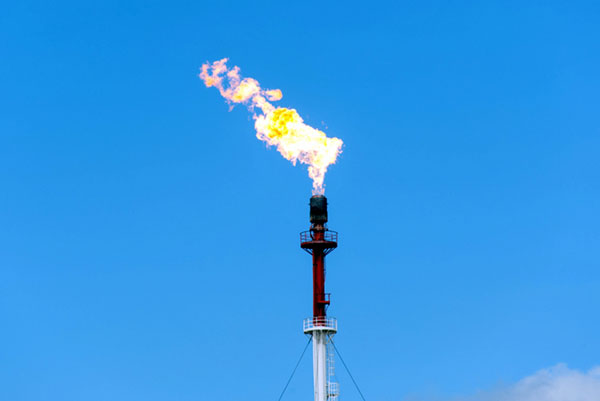- South Texas Students Meet Accordion Music Icons Los Tigres Del Norte In Edinburg Thanks To Khs America/Hohner Alianza Académica Initiative
- Fragile Planet Offers a Nighttime Wildlife Experience
- Falcons Soccer Off & Running
- Cameron County Receives Funds to Improve Two Parks
- Falcons Complete First Half of 32-6A
- School District to Help out Victims of California Wildfires
- Sand Castle Days Continued Despite Unexpected Weather
- Ready for District
- Discussion of Garbage Dumpster Rates, Agreements Between State & City on Highway Regulations, and More
- 31st Annual Shrimp Cook-Off is Right Around the Corner
Groups Call for U.T. System to Cut Methane Emissions on Public Lands
- Updated: October 14, 2016

A new report says oil and gas operations on University of Texas System public lands are a major source of methane emissions. Photo: bashta/iStockphoto
by Mark Richardson
AUSTIN, Texas – Environmental groups, professors and students are demanding that the University of Texas System reduce methane emissions from oil and gas facilities on its public lands.
A new analysis says the 9,000 oil and gas wells drilled on university land in West Texas are a major contributor to greenhouse gas pollution and climate change.
Luke Metzger is the executive director of Environment Texas, which produced the report. He said federal and state regulations do not require producers on UT lands to install pollution controls on their fracking operations.
“The majority of their methane is from existing sources, which the EPA has not yet addressed,” he said. “They aren’t subject to any requirements to reduce their pollution. And in fact, we estimate that likely their emissions have doubled in just the last few years.”
The University of Texas funds its multi-billion-dollar permanent endowment mainly through royalties from oil leases on its public lands. Metzger argues that, as stewards of those lands, the university has a duty to protect the environment.
In response, UT System officials said they are following all state and federal oil and gas regulations.
A video produced by Environment Texas shows infrared footage of toxic emissions coming from oil and gas operations on university lands.
Metzger said the report clearly shows wells and other platforms emitting large amounts of methane, which is 80 times more powerful than carbon dioxide as a greenhouse gas.
“We estimate that they put out 11.7 million metric tons of greenhouse gases over a six-year period, or the pollution equivalent of about 2.5 million cars,” he added.
Metzger said Environment Texas is building a coalition of environmental groups, professors and student groups, including student government at UT’s main campus in Austin, to pressure university system officials to act soon to cut methane emissions.
